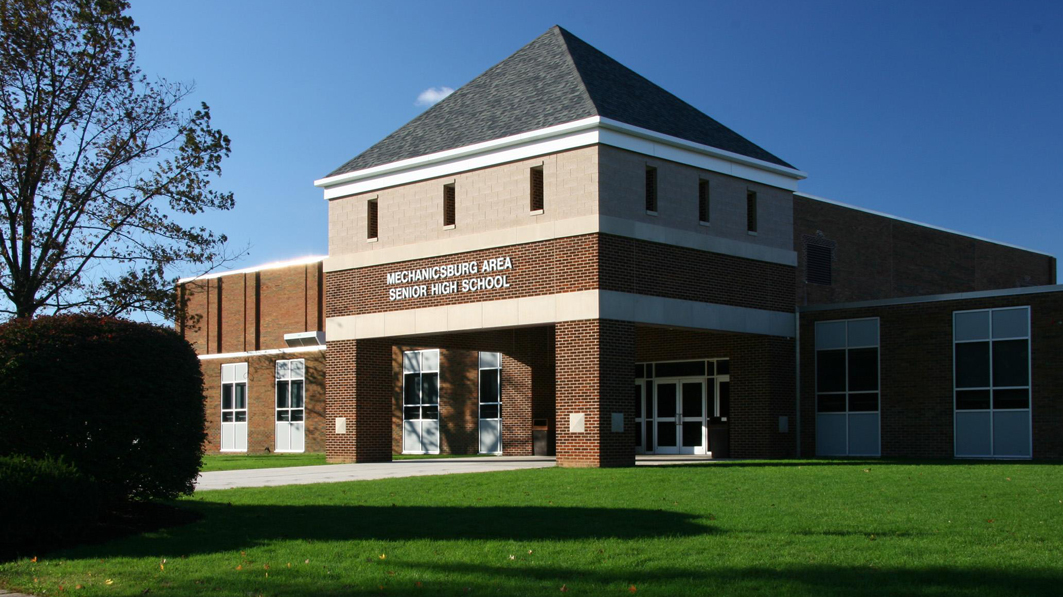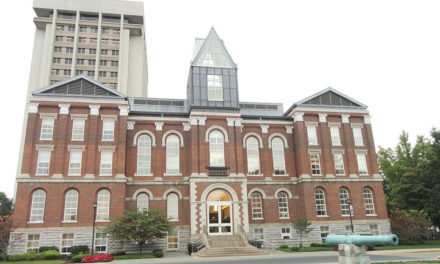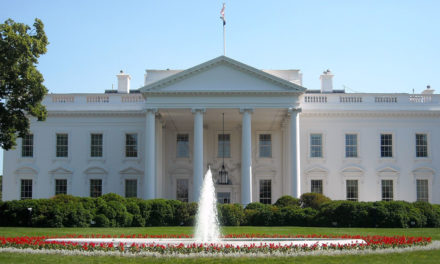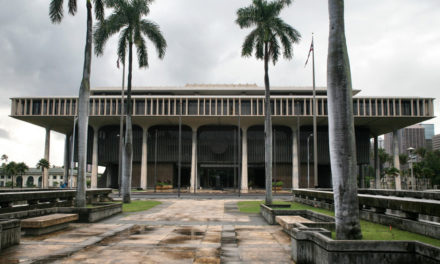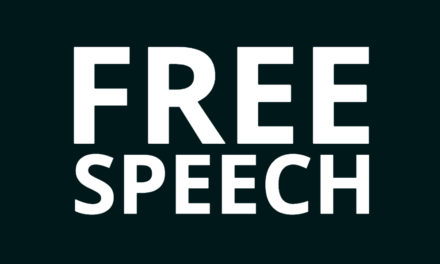It’s a staple of free speech law: students do not shed their constitutional rights at the public schoolhouse gate. But properly balanced against that is the school’s interest in avoiding disruption to the educational process. Problems arise when one or both sides of a free speech issue don’t grasp—or simply ignore—the legal limits placed on each of them in any given situation.
So when the student leaders of the Christians in Action Club (CAC) were denied permission by their high school principal in the Mechanicsburg, Pennsylvania School District to hand out Bibles in the cafeteria during lunchtime, they knew something was not right. They were also told to delete a Bible verse from a flyer they sought permission to distribute. Other school groups were allowed to hand out materials without censorship, and it appeared that the principal had the unbridled discretion to decide what speech would be allowed.
In fact, the School District had a policy that essentially prohibited any literature distribution inside the school at any time for any reason—unless the principal decided to permit it—and it was inevitable that such a policy would create problems for some speakers at some point.
The CAC student leaders contacted the Independence Law Center (ILC) for help. Through letters and appearances before the School Board, the ILC legal team attempted to educate the School District on the constitutional principles at stake and the violations that occurred in the case of the CAC and its flyer and Bible distribution request.
When reasoning with the School District failed, the CAC and the ILC filed a lawsuit in January 2019 in federal court. In February, the School District agreed to change its policies, a court order memorialized that agreement, and the case was finally settled and dismissed on April 30.
Here are some free speech takeaways from this dispute:
- Students still have free speech rights at school. But these rights must be exercised during non-instructional times like lunch or other free periods. They cannot disrupt the educational process, such as shouting or starting a protest march in history or math class, or littering or defacing the hallways with flyers or messages.
- Schools don’t have unbridled discretion to determine what speech will be permitted and what—or whose—speech will not. They cannot favor (or disfavor) the content of one type of speech over others. That includes banning “religious” speech like Bible verses. That’s called “viewpoint discrimination.”
- Limiting types of speech to either before or after school and off school premises is unconstitutional. Students are citizens, with constitutional rights, and subject to the “disruption” exception, are protected for most speech occurring during non-instructional free times during the school day.
Kudos to the School District for their change of heart and working with the students and their lawyers to revise the district’s policies.
Related: The Freedom to Speak Your Faith

